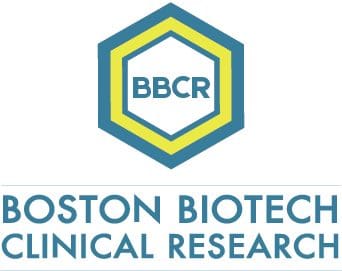Why clinical strategy is important for clinical trial success.
Since the 1990s, the pharma industry has experienced increasing R&D expenditure and number of candidates entering development. The average number of news drugs approved by FDA per year, however, has been declining by 25%.
Clinical trial failures are responsible for reduced R&D productivity, and sky rocketing development cost increase. These clinical trial failures are due to ineffective communications with the FDA, and many other issues which pinpoints the importance for companies to develop a roadmap to anticipate potential risks in their development process.
One of the main cost contributors of drug development is clinical trials with the phase III trials taking up to 35% of total R&D spending. Thus, an early clinical trial strategy has become a key determinant of the fate of drug candidates and medical devices. A successful clinical strategy shall identify these potential issues ahead of time, and hence assist companies in decision-making processes.
Creation of an early Regulatory-Clinical strategy will benefit your product development by:
1. Increasing the chance of your company success
2. Decreasing trial and development cost of your product
3. Augmenting trial efficiency, thus shorten development timelines.
Clinical trials are one of the major contributors to overall cost with Phase III taking up to 35% of total R&D spending!

Specializing in rare disease, Boston Biotech Clinical Research works with biotech, pharmaceutical, device companies and investors to streamline the clinical trial process. Our experienced team helps each client reach their specific goals by customizing a clinical and regulatory road map of simplified programs and streamlined protocols to meet our clients’ requirements.

